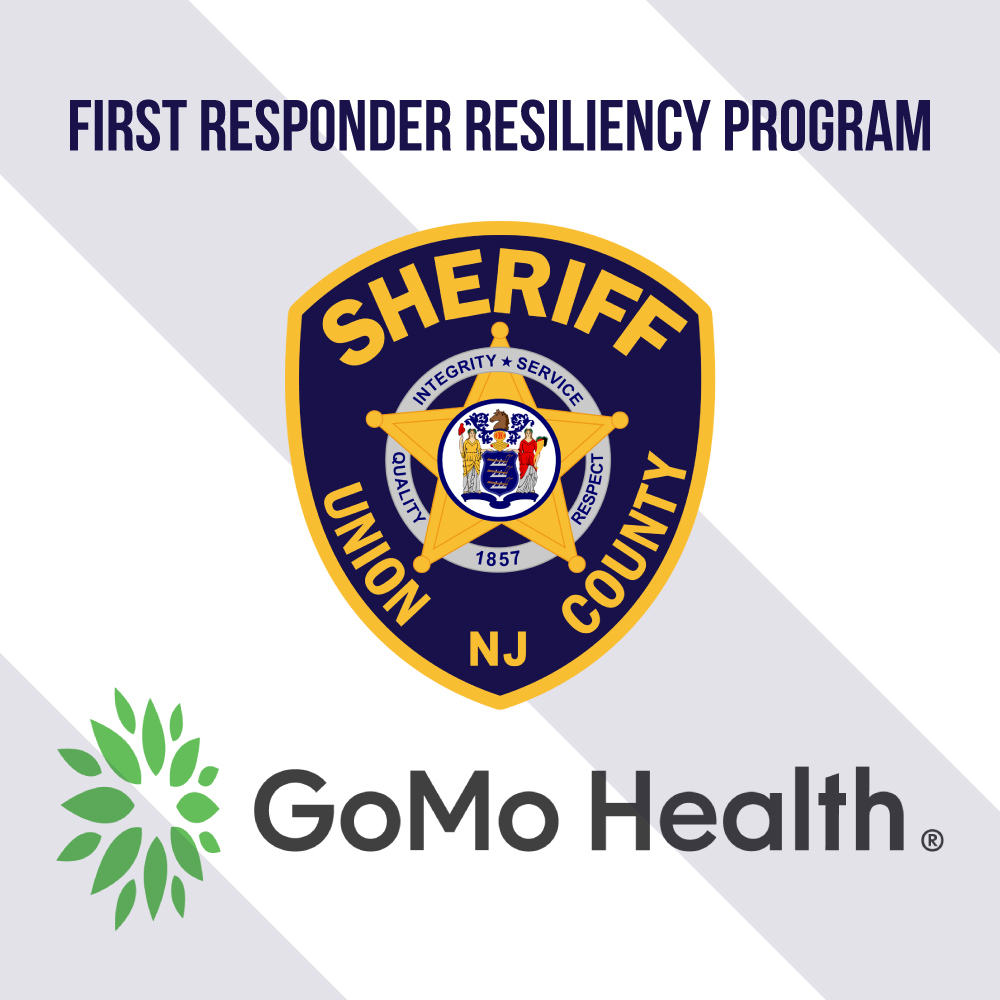As fires burn through the Northwest, doctors are warning that flames aren’t the only dangers – smoke can also cause long-lasting health risks.
BOISE, Idaho — As wildfires burn across the Northwest burn across the Northwest, health officials are warning residents about the dangers of smoke exposure and urging people to monitor air quality conditions.
Wesley Pitcock, a pulmonologist who previously fought fires in Salmon, Idaho, for four years, experienced the health impacts firsthand. He developed asthma in his late 20s and early 30s after severe smoke exposure during his firefighting career.
"I myself had pretty extreme acute exposures to smoke and got pretty sick from it several times," Pitcock said.
The shortness of breath, coughing, headaches and wheezing Pitcock experienced motivated him to become a lung specialist.
Air quality in Boise is currently rated as fair, but Pitcock said conditions can become dangerous quickly. The Treasure Valley's air quality is measured daily using the Air Quality Index, or AQI.
An AQI of 0-50 is considered good, while readings of 300-500 are hazardous and require people to stay indoors. Once the AQI exceeds 100, people should limit outdoor exposure, Pitcock said.
"If you can smell it, or you can see it, then it's probably too high," Pitcock said.
Vulnerable populations face the greatest risk, including children, adolescents and adults with underlying medical conditions such as heart or lung problems, asthma, COPD, heart failure or high blood pressure.
"If you fall into one of those sensitive groups, it's recognizing when you should limit your exposure to outside or limit your exposure to the smoke," Pitcock said.
He recommends creating a "clean room" in homes with a separate air purifier from the normal HVAC system. People should also ensure their homes and vehicles are not bringing in smoky air.
Pitcock also advises checking the AQI daily, especially for those with underlying health conditions, as fire season continues for the next several months across the region.









 English (US) ·
English (US) ·